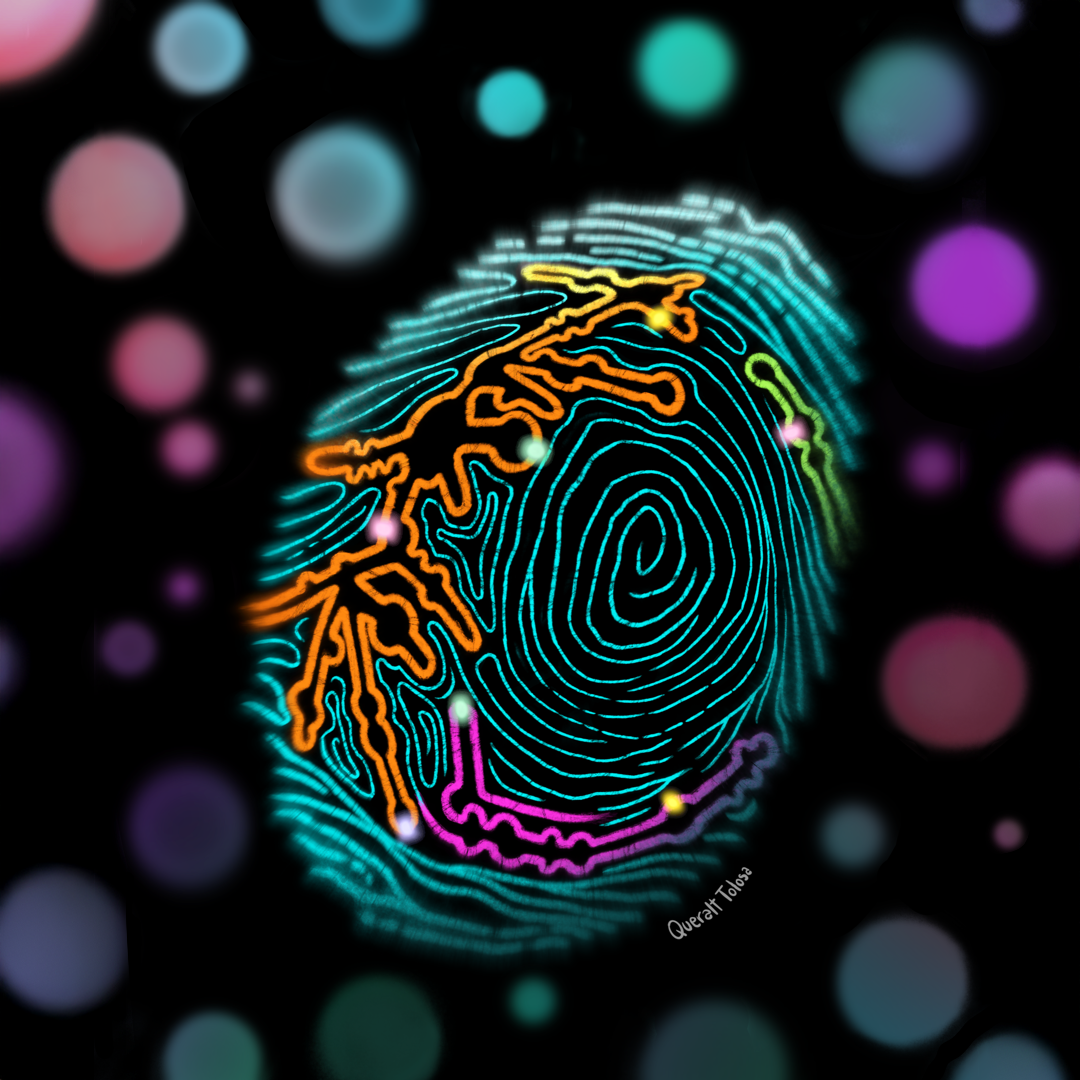
Ribosome Fingerprints: A Breakthrough in Early Cancer Detection
A groundbreaking study by the Centre for Genomic Regulation has uncovered unique molecular fingerprints in ribosomes, offering new avenues for early cancer detection. Historically perceived as uniform, ribosomes actually possess chemical modifications unique to different tissues, developmental stages, and diseases. This discovery centers on ribosomal RNA (rRNA), making up 95% of human RNA, which carries modifications affecting ribosomal function. The researchers identified 'epitranscriptomic fingerprints' across tissue samples, using these patterns to distinguish cancerous from healthy cells with near-perfect accuracy. Nanopore direct RNA sequencing technology facilitated this research, revealing modifications in their natural context—something impossible with previous methods. This method relies on small, portable devices that can analyze minimal tissue samples, opening doors to rapid, accurate cancer diagnostics. Although promising, further studies are needed to validate these biomarkers across diverse populations. The researchers emphasize that understanding the role of rRNA modifications in cancer could eventually lead to reversing detrimental changes, enhancing both early detection and treatment strategies.